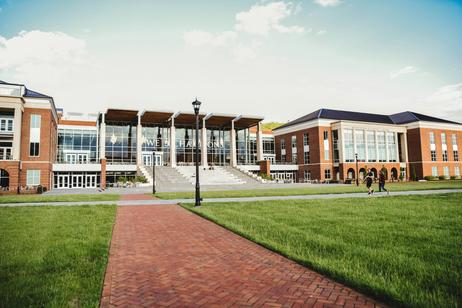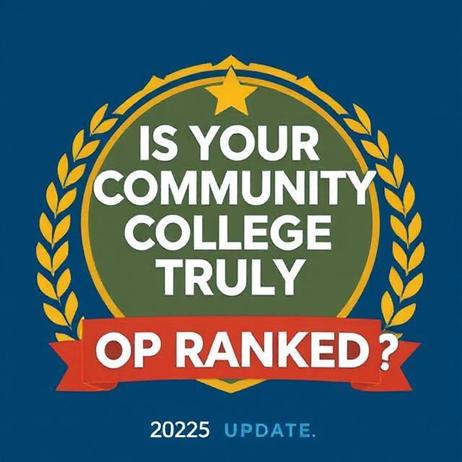New National Initiative Designed to Ramp Up Graduation Rates (2025 Update)
In 2025, as U.S. higher education faces tectonic pressures from demographic shifts, declining enrollments, and rising skepticism around the value of a degree, a new national initiative is emerging to accelerate graduation rates, especially at community colleges and broad-access institutions. This article updates earlier reporting, digs into evolving strategies, and assesses early impact as the initiative begins to scale.
Rationale and Context: Why Now?
The urgency of boosting completion has intensified in recent years. According to the National Student Clearinghouse, spring 2025 enrollment rose by 3.2 percent over spring 2024, led by a 5.4 percent rebound in community college enrollments. But that resurgence comes amid a long-term demographic shift: WICHE projects that the high school–graduate population will likely peak in 2025 and then decline in most states — heightening competition among institutions for new students. WICHE
Meanwhile, graduation rates remain stubbornly modest when full timelines and nontraditional students are counted. For example, among first-time, full-time bachelor’s-degree seekers, 64 percent finish within six years. Community colleges fare worse: fewer than 20 percent of community college students complete in two years. Complete College America Many students struggle with accumulating debt, noncredit prerequisites, work demands, or lack of advising and pathway clarity.
Against that backdrop, the new initiative—centered around scalable student support, data alignment, and institutional capacity building—is shaping up to be a turning point.






















